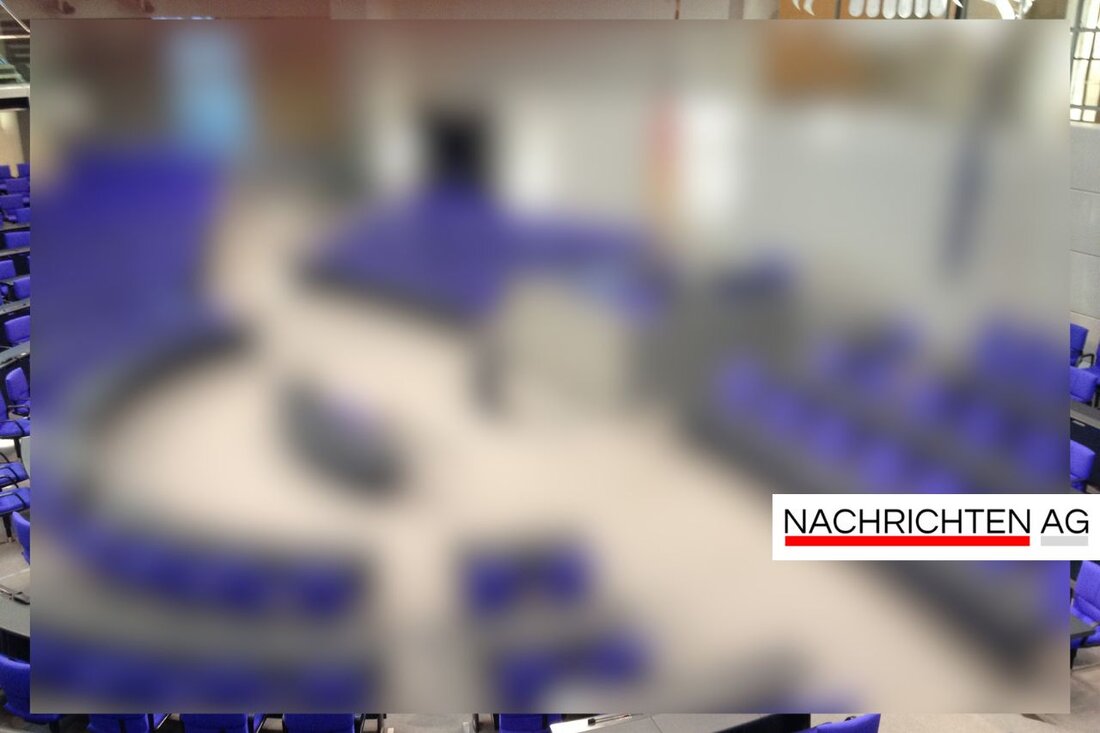Klöckner criticizes empty government bank: where are the ministers?
Klöckner criticizes empty government bank: where are the ministers?
Bundestag president Julia Klöckner recently expressed concerns about the frequent absence of ministers in the German Bundestag. In a letter to the Chancellery Minister of State Michael Meister (CDU), she criticized the government bank in the plenum, which was often only weakly occupied. This absence endangers a lively discourse and the constructive cooperation between executive and legislative, according to Klöckner, who indicates the importance of a continuous presence of the Federal Government.
She suggests that at least two federal ministers or Federal Minister should be present during each plenary session. Klöckner also calls for measures to ensure permanent and effective representation of the federal government in the meetings of the Bundestag. [ZVW] reports that their criticism is part of a broader discussion about the role of executive and responsibilities in the political process.
strengthen international cooperation
While Klöckner focuses on the national political activity, Bundestag President Bärbel Bas illuminates other aspects of parliamentary responsibility. On October 23 and 24, it will take part in the conference of parliamentary president in Riga, Latvia, who deals with the International Crimean platform. The conference aims to reaffirm international support for Ukraine and to focus on the annexation of Crimea, which is contrary to international law by Russia in 2014. Around 40 countries are represented, and the Latvian Parliament President Daiga Mierina and the President of the Ukrainian Werchowna Rada, Ruslan Stefantschuk, are received.
These conferences are of essential importance for cooperation between the nations, especially in the context of international legal norms. The first two parliamentary summit of the Crimean platform took place in Croatia in 2022 and in 2023 in the Czech Republic, which underlines the continuing global concern about developments in the region.
The role of the Bundestag in foreign policy
Foreign policy in Germany traditionally falls into the competence area of the executive. Nevertheless, the Bundestag has opportunities to influence. In this way, the Bundestag can order a committee for foreign matters and is involved in the approval of contracts that regulate political relationships. The Basic Law (Article 59) regulates the Federal President's international law representation. At the same time, the Bundestag plays a control function and is increasingly initiating in foreign policy, in particular through the projective cooperation in international parliamentary meetings.
These meetings in which Member States actively participate are used to create transparency and the exchange of information across national borders. The oldest interparliamentary meeting is the Interparliamentary Union (IPU), which is based on the United Nations issues. In addition, the Bundestag is also involved in constant parliamentary conferences at EU level, which form a forum for exchange on questions of common foreign and security policy.
The discussion about the presence of government members in the Bundestag and international cooperation are essential for strengthening the parliamentary role, both in national and international context. [Bundestag] emphasizes the importance of parliament in foreign policy in order to promote a dialogue -oriented and effective cooperation.
In a time when international challenges are becoming increasingly complex, the exchange between national parliaments and active participation in international forums remains essential to ensure a significant influence on foreign policy.
For more information on the international parliamentary meetings and the tasks of the Bundestag in foreign policy, visit the pages of [Bundestag] and [ZVW].
| Details | |
|---|---|
| Ort | Riga, Lettland |
| Quellen | |


Kommentare (0)